
The Center for Social Security Studies of Wuhan University Successfully Held the "2023 Symposium on High-quality Development of People's Livelihood Security"
Author: Upload Time:2023-12-13 Views: Go Back
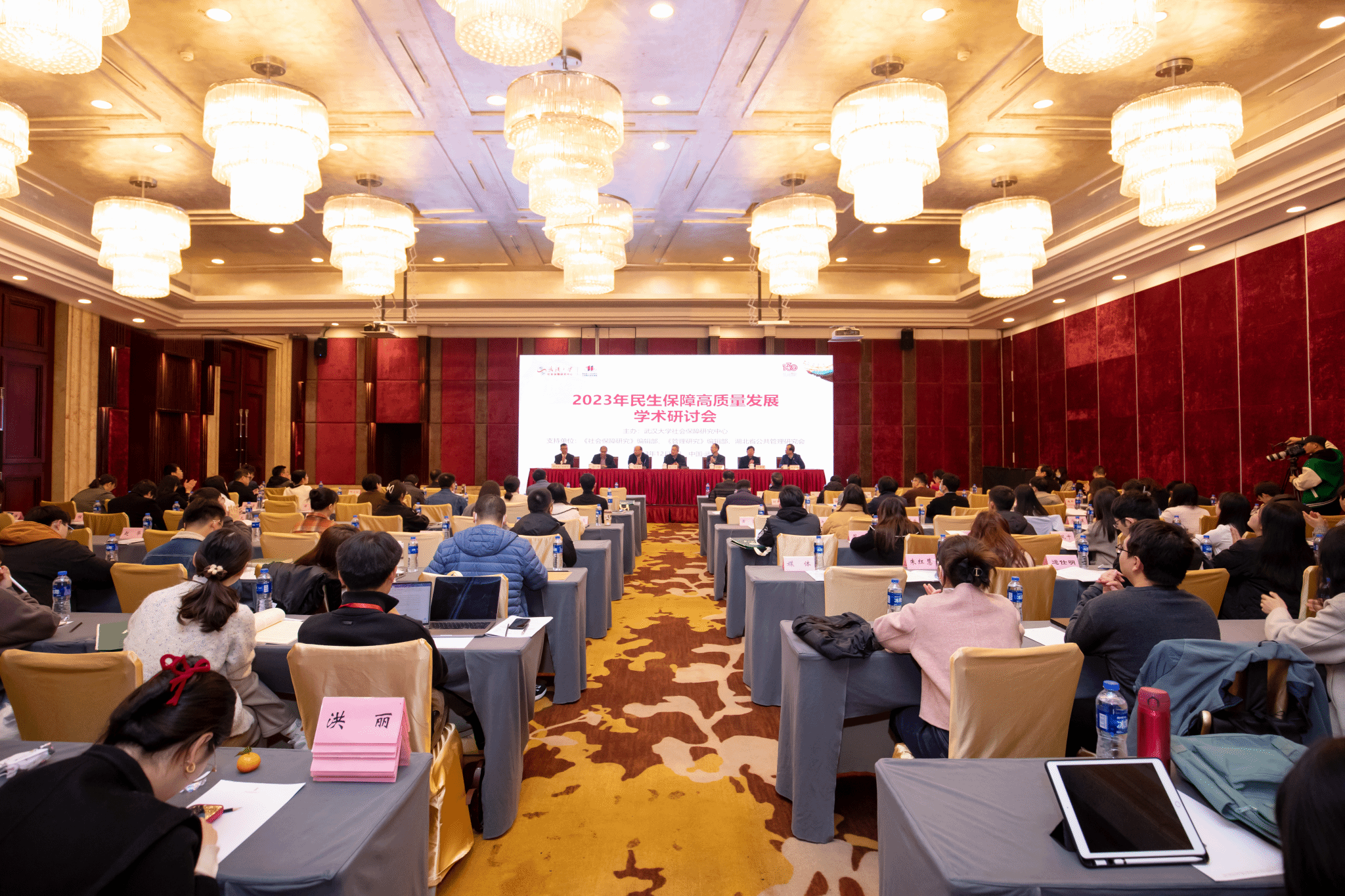
On December 9, the Academic Seminar on High-quality Development of People's Livelihood Security in 2023, sponsored by the Social Security Research Center of Wuhan University, a key research base for humanities and social sciences of the Ministry of Education, was held in Wuhan, Hubei province. They come from more than 30 universities, including University of Chinese Academy of Social Sciences, Nanjing University, Zhejiang University, Sun Yat-sen University, Hunan University, Huazhong University of Science and Technology, Beijing Normal University, Shanghai University of Finance and Economics, Zhongnan University of Economics and Law, Xinjiang University, Party School of the CPC Central Committee (National Academy of Governance), and the Office of Hubei Medical Security Bureau, Hubei Civil Affairs Department, and Hubei Provincial Working Committee for the Disabled More than 100 people participated in the forum, including experts and scholars from practical departments, as well as editors from more than 10 academic journals, including Social Security Research, Management Research, and Journal of Wuhan University (Philosophy and Social Sciences Edition).
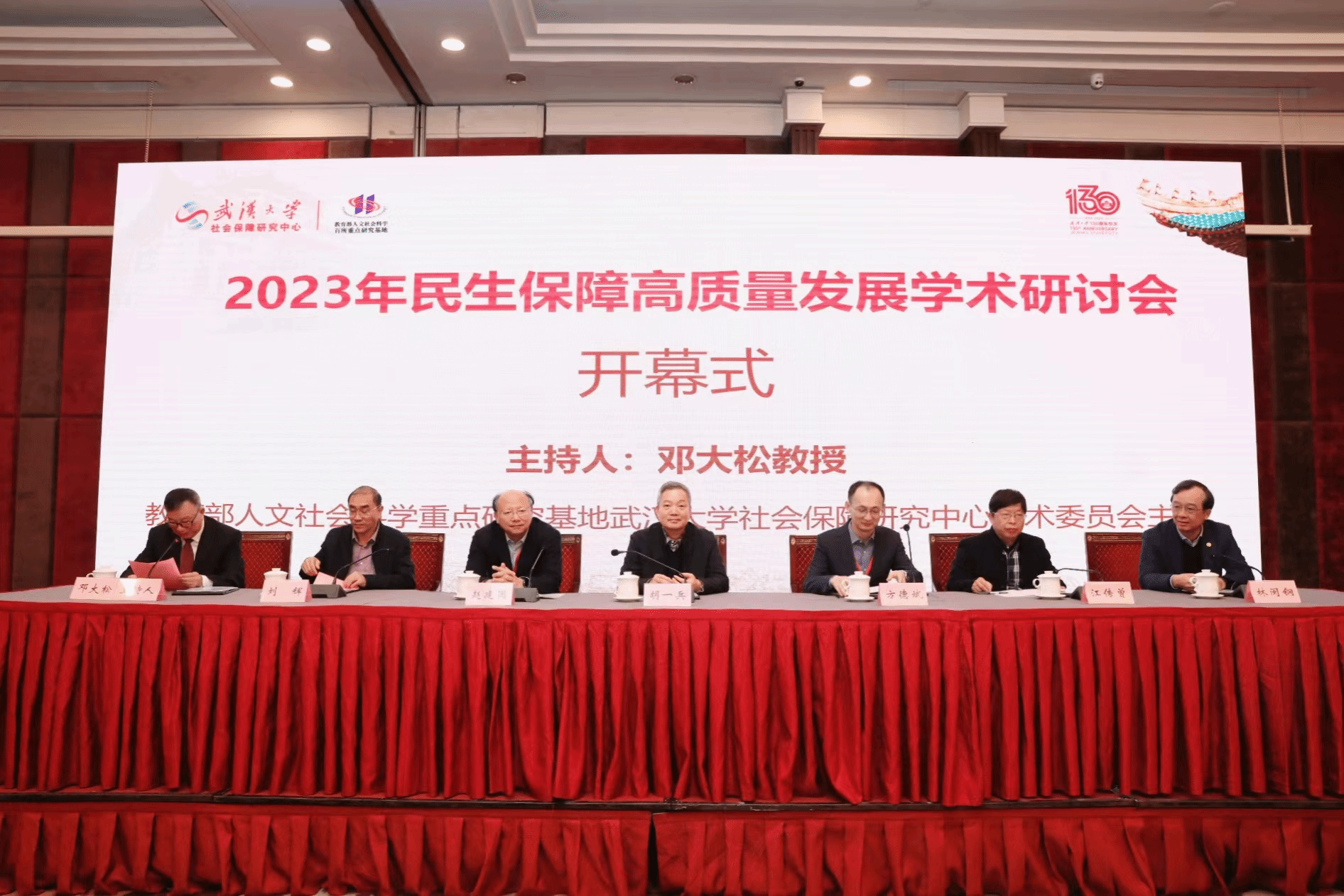
The opening ceremony of the forum was chaired by Professor Deng Dasong, Director of the Academic Committee of the Social Security Research Center of Wuhan University. Professor Fang Debin, Deputy Dean of the Institute of Humanities and Social Sciences of Wuhan University, first delivered a speech and extended a warm welcome to the guests. Subsequently, Hu Yibing, second-level inspector of Hubei Medical Security Bureau, Liu Hui, Director of the Elderly Service Department of Hubei Provincial Civil Affairs Department, and Jiang Chuanzeng, Executive Deputy Director of the Office of the Disabled Working Committee of Hubei Provincial People's Government, made speeches successively, looking forward to a complete success of the forum.
The forum aims to promote the high-quality development of social security undertakings, continuously ensure and improve people's livelihood in the high-quality development, and build a dialogue platform for experts and scholars in the field of social security at home and abroad.
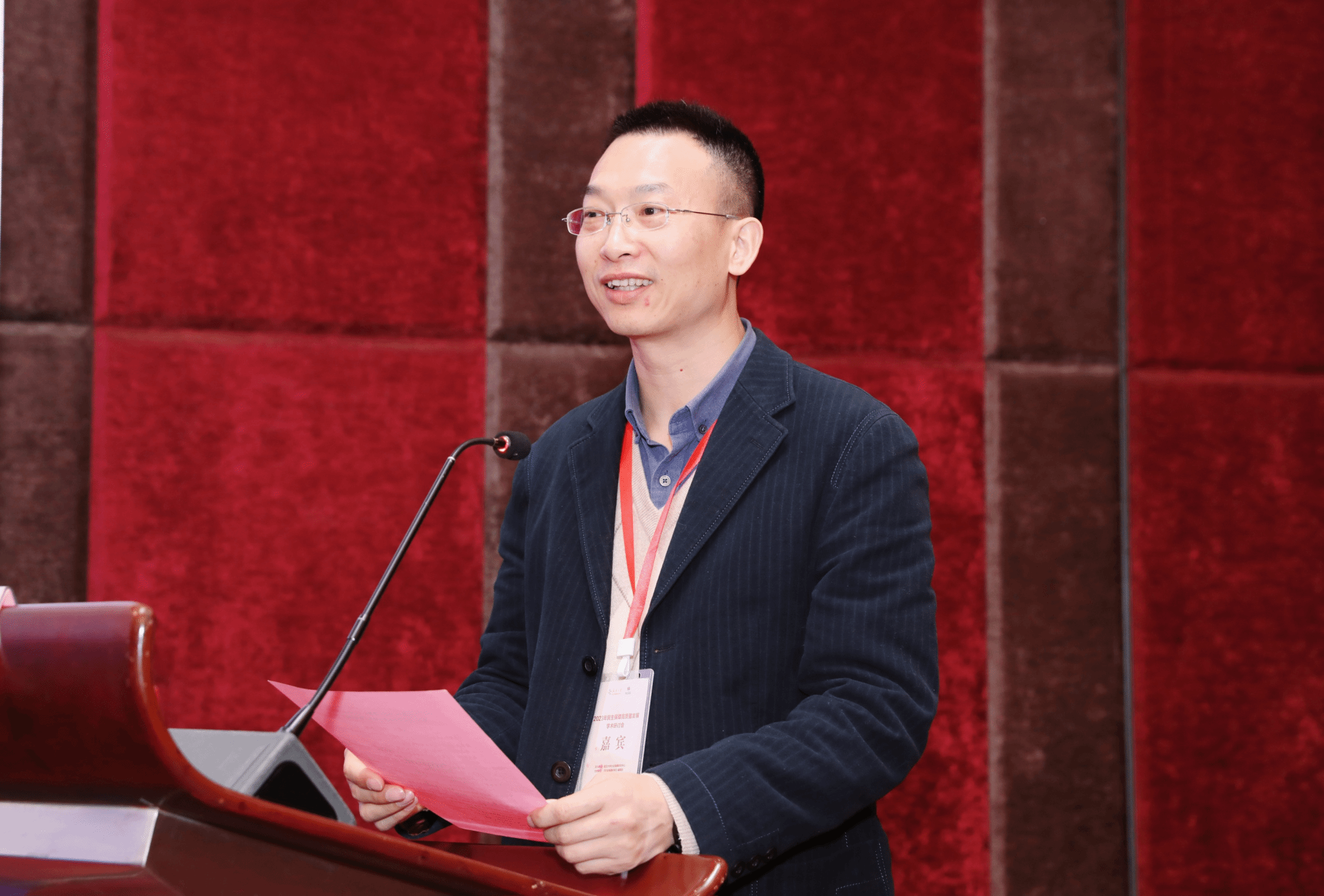
Professor Xiang Yunhua is presiding over the meeting
The keynote report of the morning conference was chaired by Professor Xiang Yunhua, Director of the Social Security Research Center of Wuhan University. Professor Lin Mingang, Nanjing University; Professor Zhao Man, Zhongnan University of Economics and Law; Professor Zheng Bingwen, Chinese Academy of Social Sciences; Professor Qing Lianbin, Party School of the CPC Central Committee (Chinese Academy of Governance); Professor Gu Xin, Zhejiang University; Professor Shen Shuguang, Sun Yat-sen University; Professor Zhao Jianguo, Deputy Secretary of the Party Committee of Dongbei University of Finance and Economics; Professor Thunder, Xinjiang University; Professor Yang Yinan, Hunan University; Social Security, Wuhan University Professor Wang Zengwen, deputy director of the Disability Research Center, delivered a keynote speech.
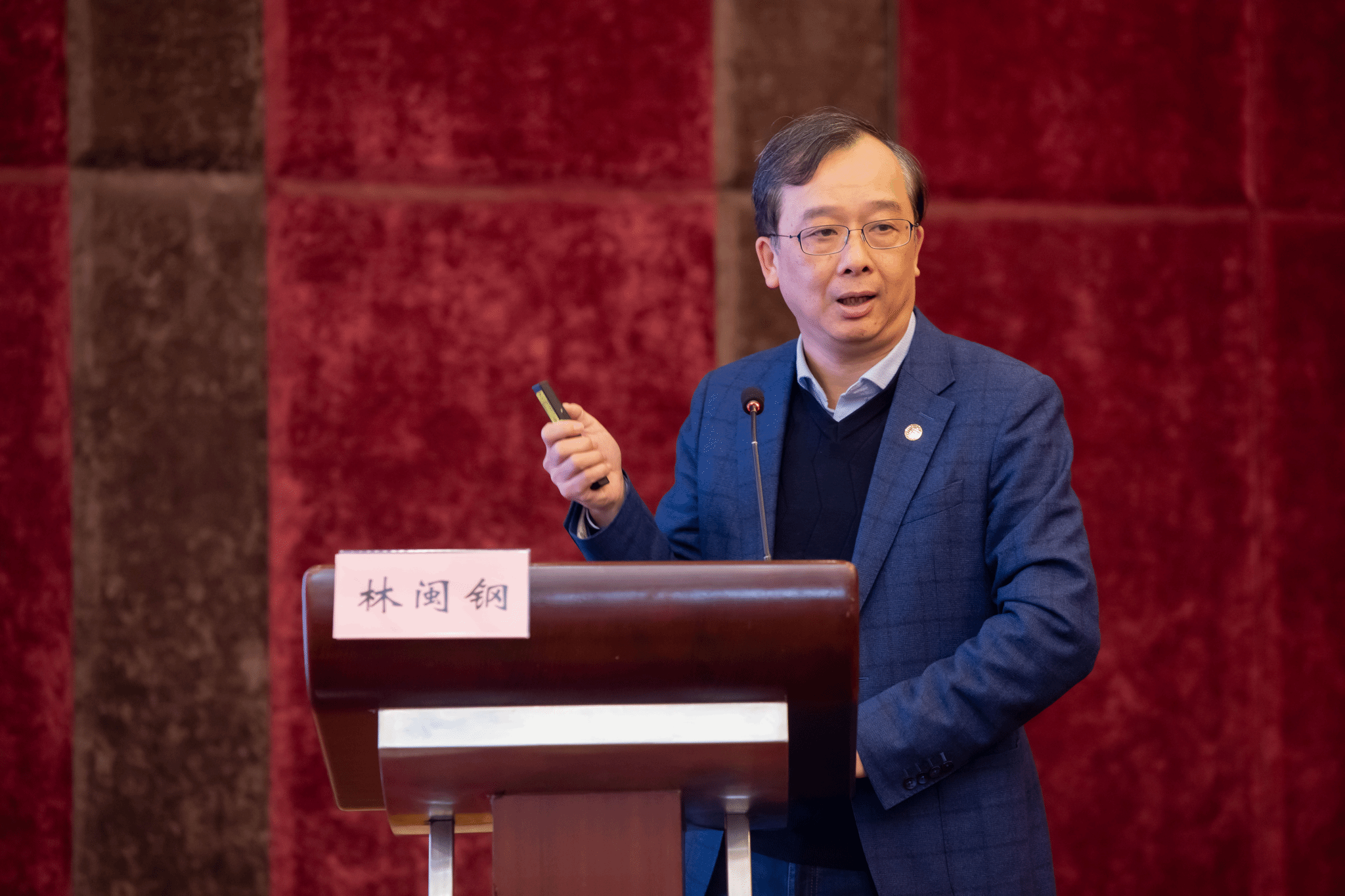
Professor Lin Mingang is speaking
Professor Lin Mingang focuses on the theoretical construction of "social service country", and focuses on answering the major practical and theoretical question of "how should China transcend the welfare state under the new historical conditions". He suggested that first, we should adhere to the overall view of achieving a virtuous cycle of economic development and improving people's livelihood; Second, we should make a breakthrough from the direction of active social policy; Third, we should take the road of "social service for the country" and establish a low-input and low-cost social policy system.
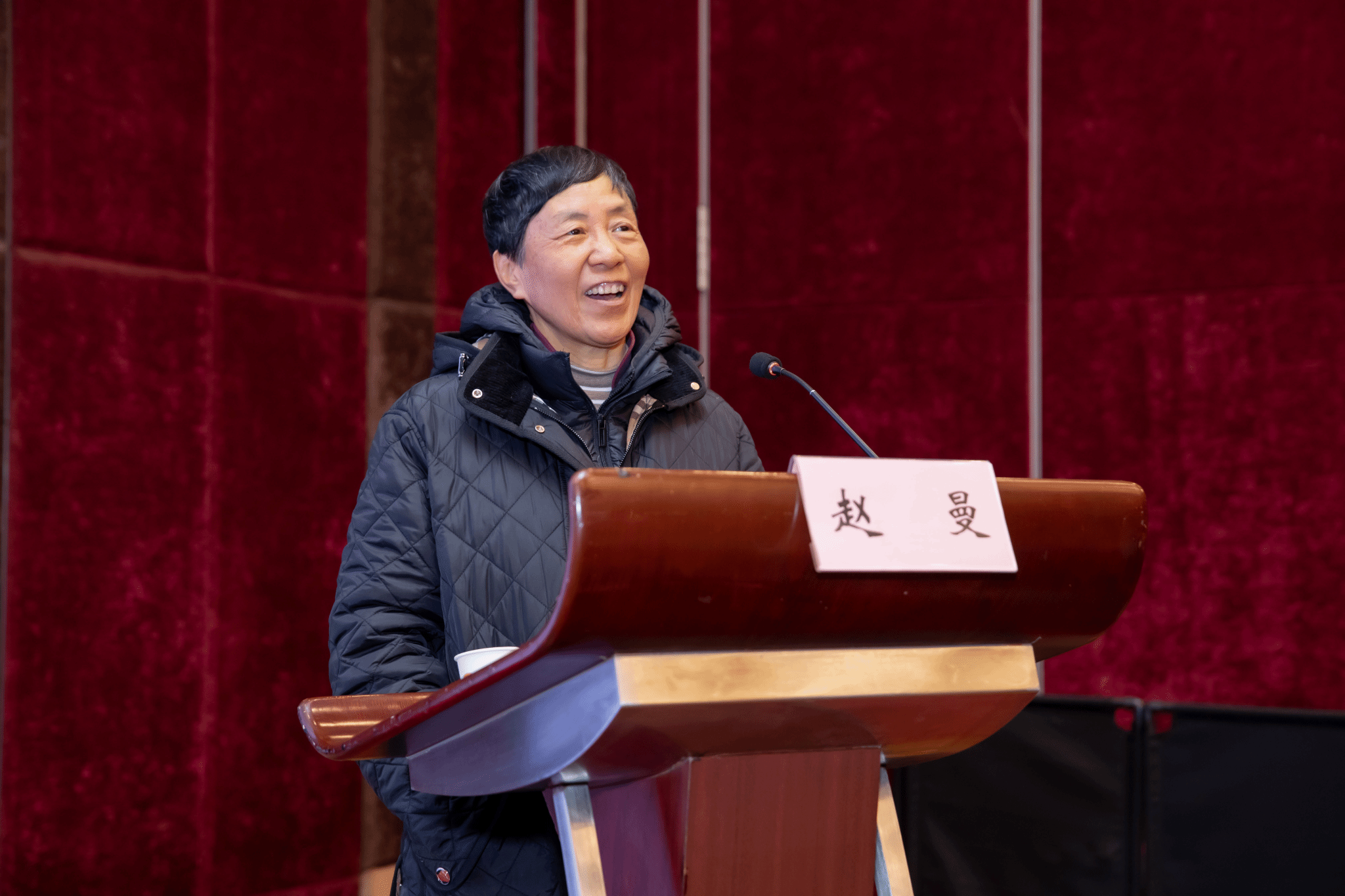
Professor Zhao Man is speaking
Professor Zhao Man takes the intelligent pension social experiment as the starting point, and believes that intelligent pension is the efficient key to solve the relative shortage of pension service supply. The National intelligent social governance experimental characteristic base focuses on the pain points and difficult problems in elderly care services, builds relevant application scenarios, and realizes the management "closed loop" of data, management, technology, service and effect, and has become a first-class laboratory for intelligent elderly care in China.
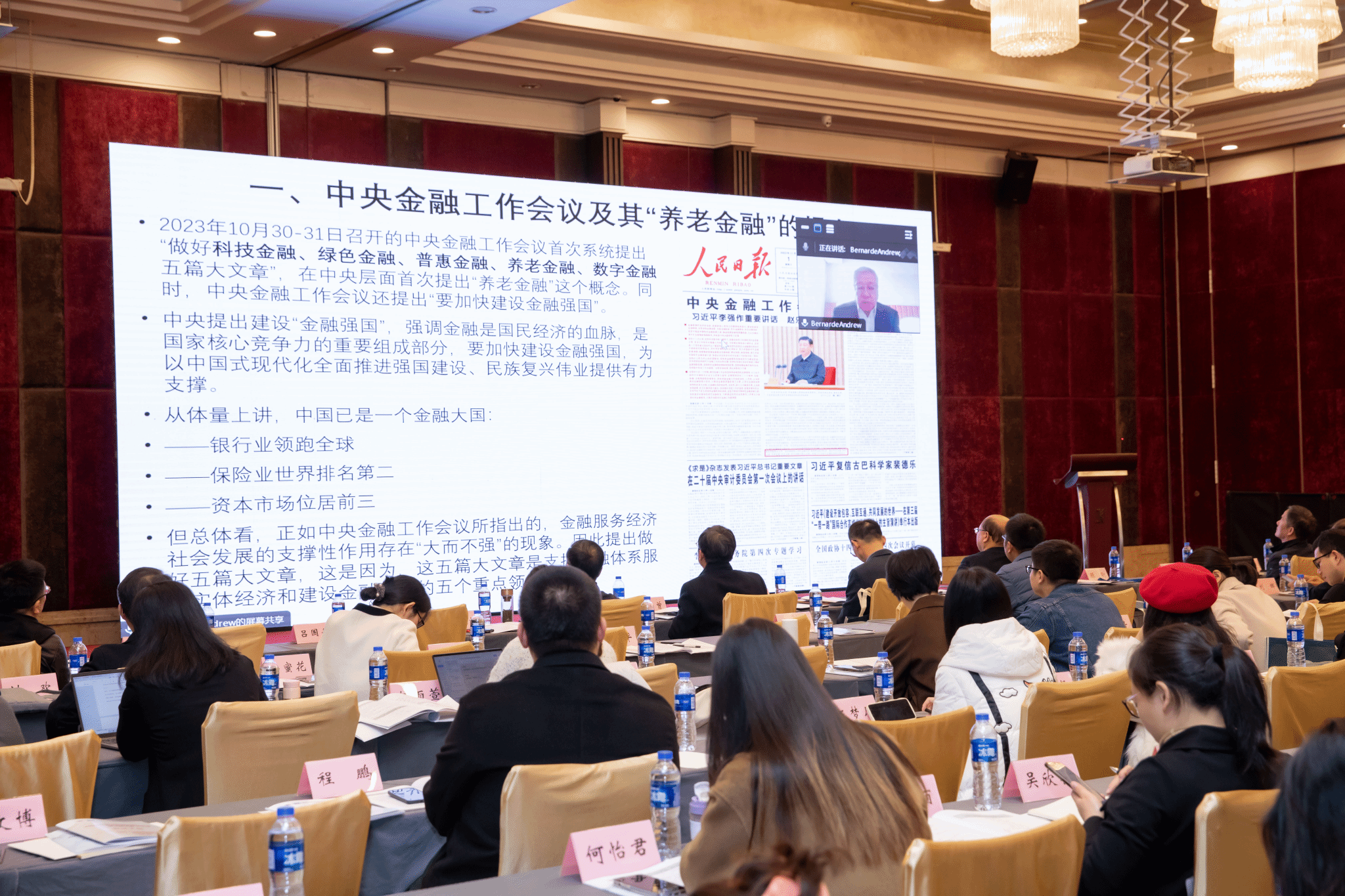
Professor Jung Byung-moon is speaking
Professor Zheng Bingwen discussed the policy significance of pension finance in financial powers, and believed that the support of the third pillar pension and the "three pillars" pension together become the material basis of pension finance and pension security, are part of the wealth reserve of the society to cope with the aging population, and are the most important feature of the high-quality development of pension finance and pension security in the new era.
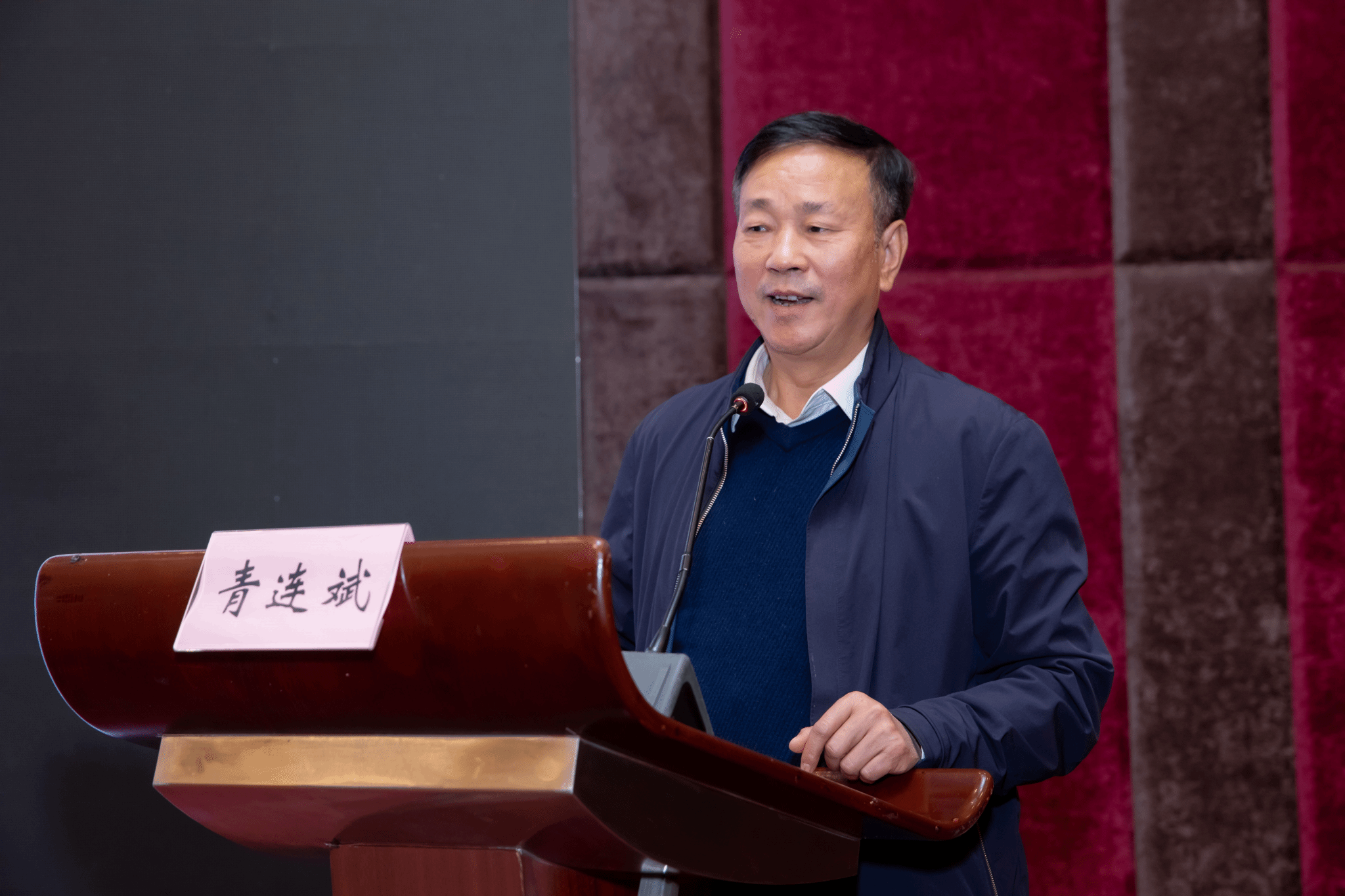
Professor Qing Lianbin is speaking
Professor Qing Lianbin believes that the lonely elderly are the "just need" group in the "just need" group of elderly care services, and the sunshine and rain of elderly care services should benefit more lonely elderly services. He suggested that the combination of medical care, rehabilitation and psychological care should be promoted to meet the needs of the elderly alone for medical services, health services, psychological services and daily life care services.
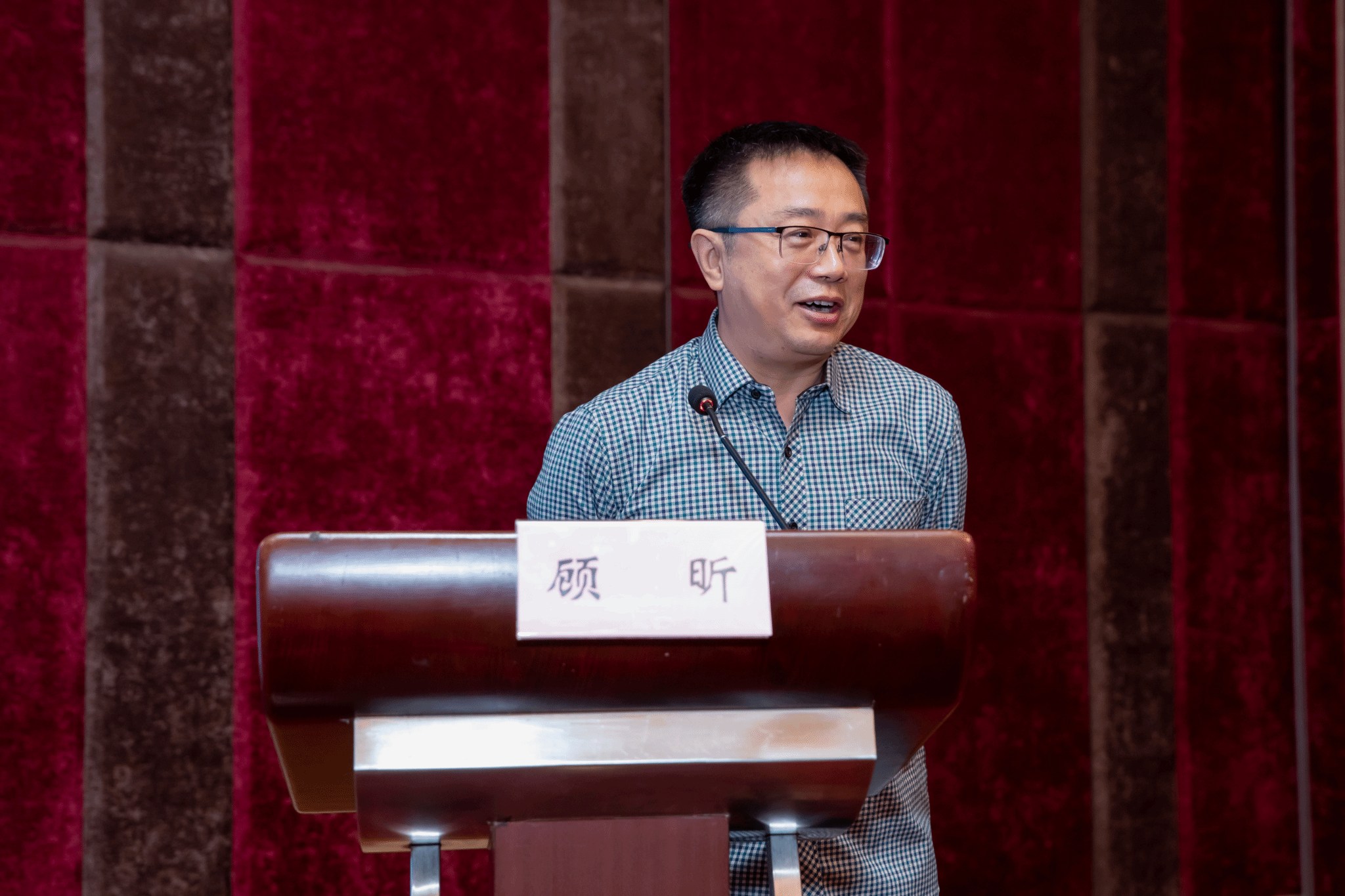
Professor Gu Xin is speaking
Professor Gu Xin regards universal public health care as a direction for the high-quality development of the medical insurance system and provides an institutional vision for the defragmentation reform of medical insurance. He believes that universal public health care can promote supply-side reform and reduce the burden on enterprises; Increase the inner circulation intensity, release the consumption space; To effectively and sustainably stimulate aggregate demand through the development of social infrastructure.
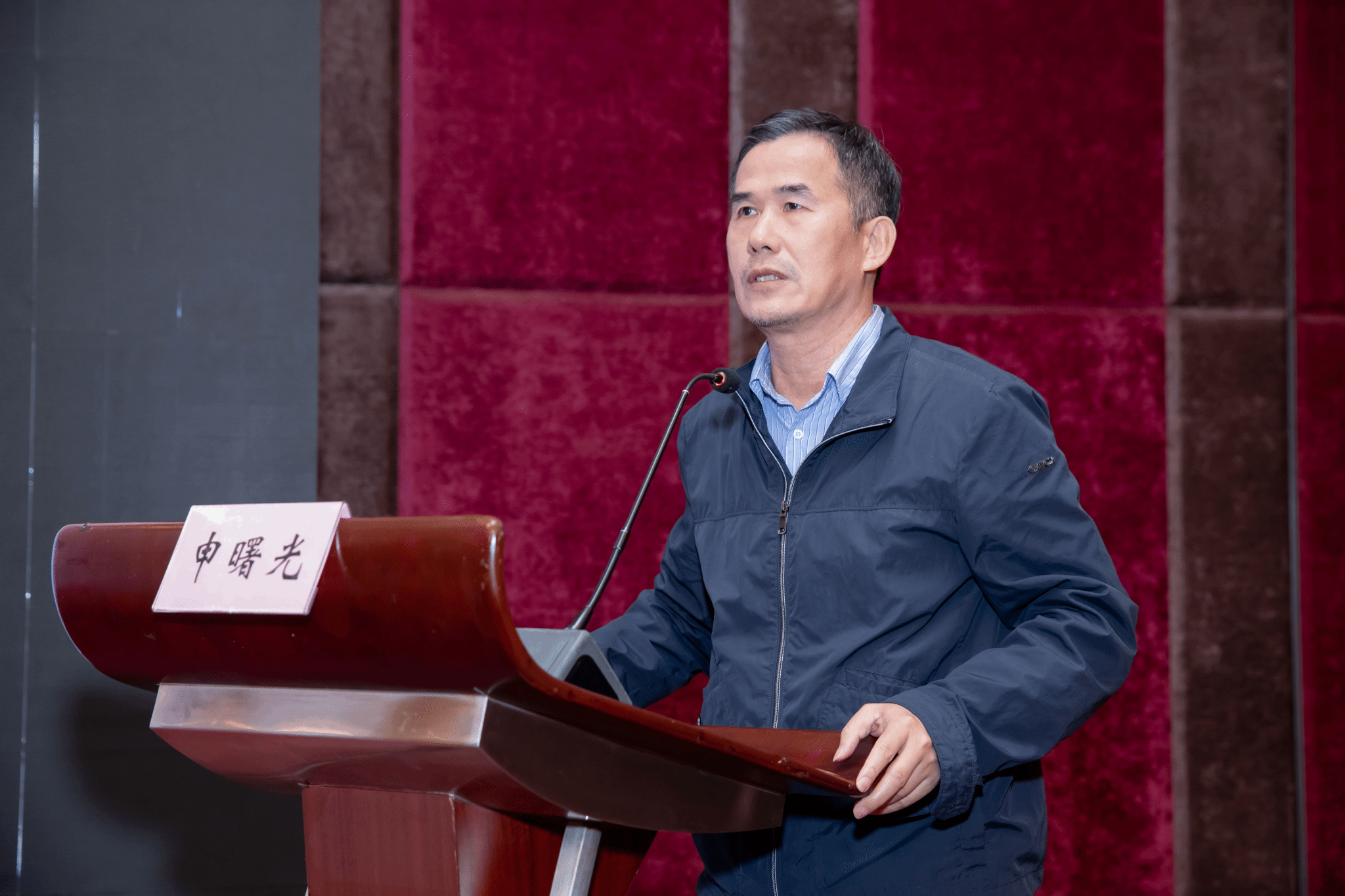
Professor Shen Shuguang is speaking
Professor Shen Shuguang looked forward to the new goals and new thinking of China's social security reform, and believed that the reform and development of social security in the new era should expand the population of social security, enrich the content of social security, and improve the level of social security on the basis of the goal of "coping with social risks and providing basic living security". In order to adapt to the overall goal of social and economic development, people's pursuit of a "better life".

Professor Zhao Jianguo is speaking
Professor Zhao Jianguo reviewed the evolution of the European comprehensive social security statistical system, introduced its accounting framework from four aspects of statistical caliber, system architecture, statistical units and accounting rules, revealed its main characteristics and reference value, and compared with the status quo and limitations of China's social security statistical work. This paper puts forward some suggestions on improving the existing social security statistical system from the Angle of coordinating the statistical work of various departments.
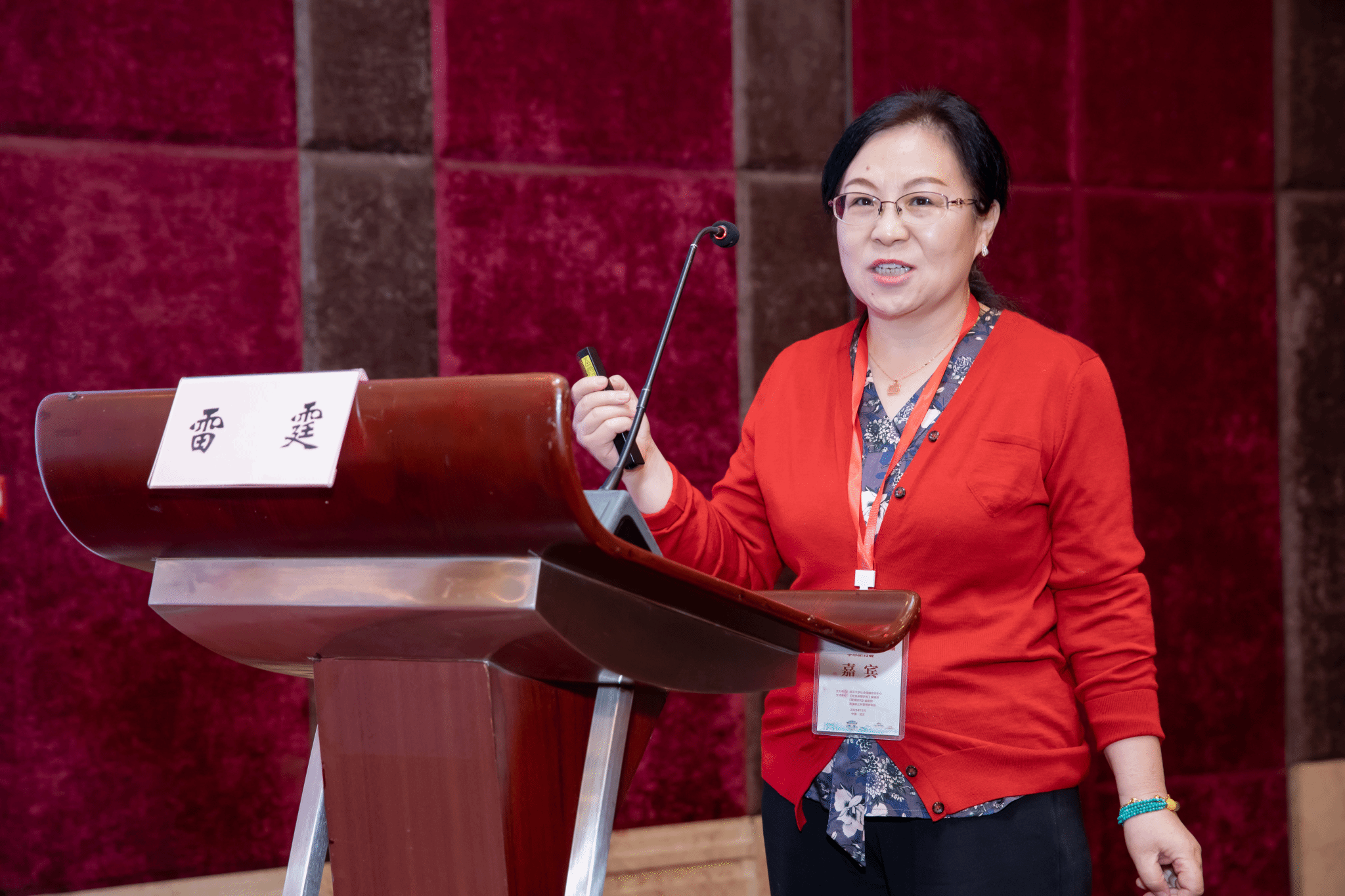
Professor Lei Ting is speaking
Professor Lei Ting introduced the achievements of the livelihood protection of border residents in six aspects: infrastructure construction, public sanitation and health security, housing and drinking water safety, social security system, education level and employability, and pointed out that there are still challenges in four aspects: opening up and maintaining stability, security level and resource supply, loss of border residents and safeguarding the border, weak national language and backward education. Based on this, systematic suggestions are put forward.
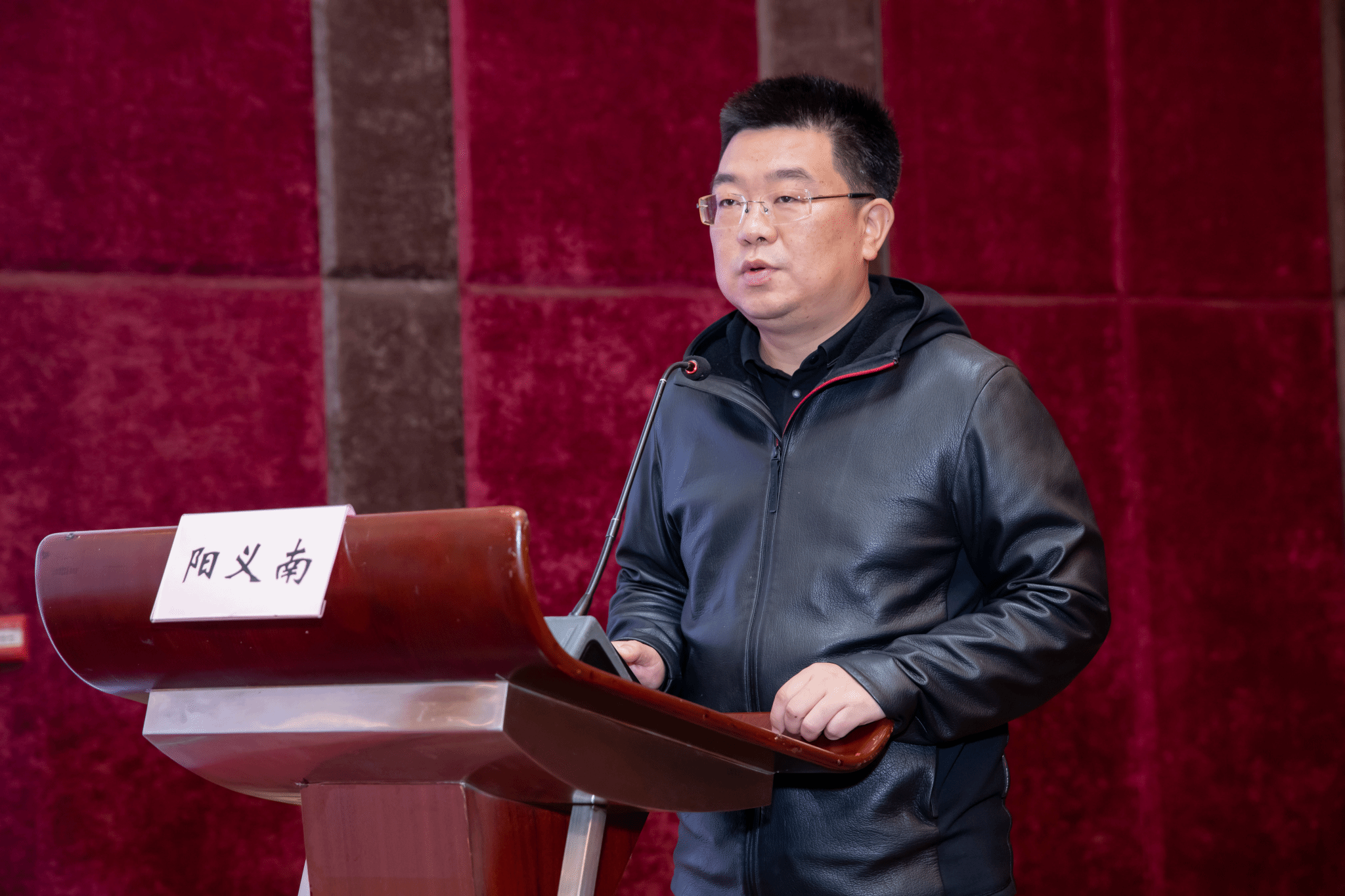
Professor Yang Yinan is speaking
Starting from the development process of the third pillar pension insurance, Professor Yang Yinan introduced the development pattern of China's multi-level and multi-pillar pension insurance system, put forward the development concept of personal pension and pension finance, and believed that the "3-2-2" model is a more realistic development goal, that is, some employees can get the "three-pillar" pension. Other workers or urban and rural residents can get a "two-pillar" pension.
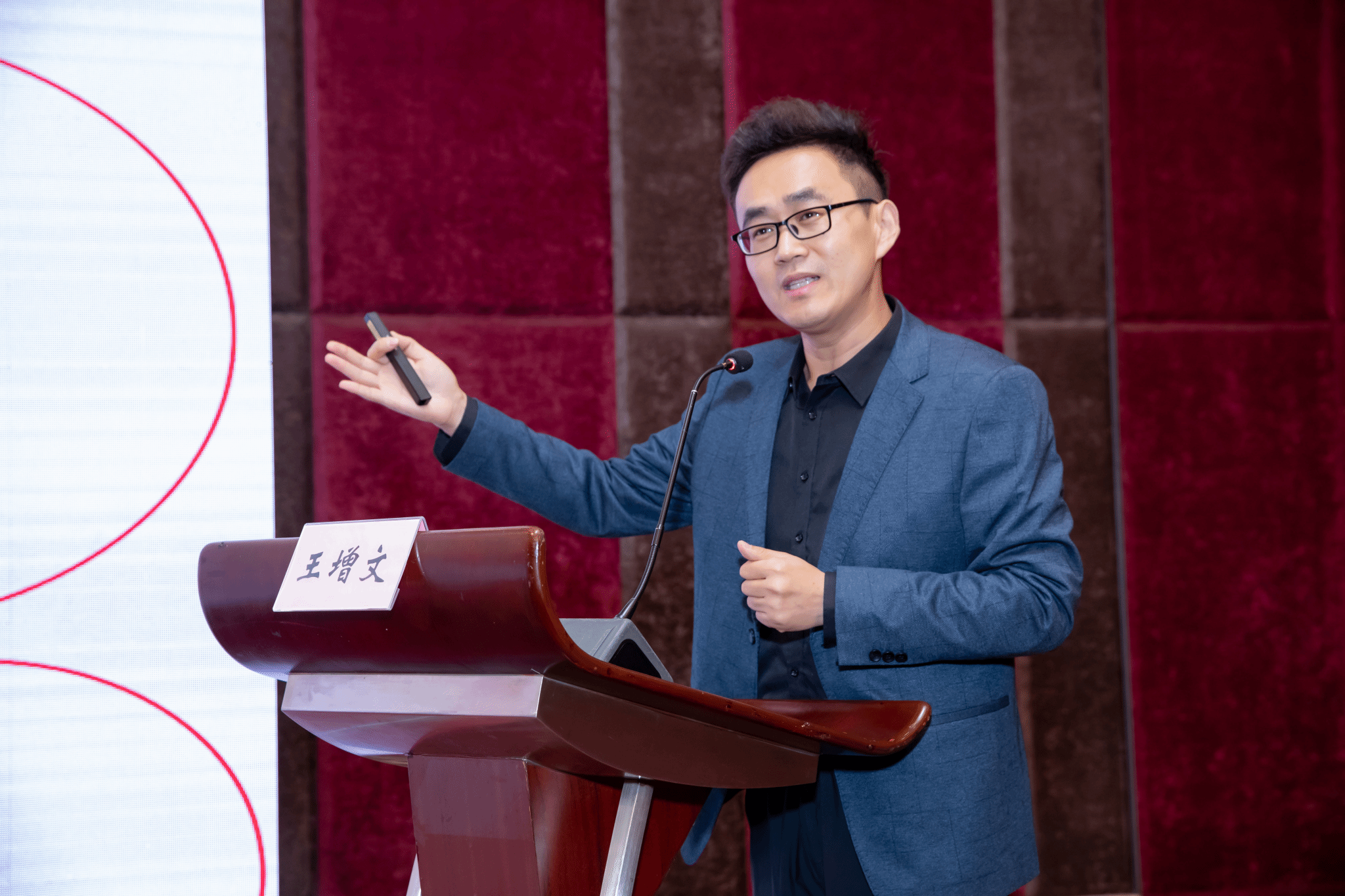
Professor Wang Zengwen is speaking
Starting from the triple logic of people's livelihood governance, Professor Wang Zengwen introduced the political logic based on the law of value, the scientific logic based on the law of facts and the civilization logic based on the law of history. He believes that political logic should be taken as the goal, scientific logic as the action, and civilized logic as the vision, and the triple logic of livelihood security should be unified in the framework of Chinese-style modernization.
In the afternoon of this forum, four parallel forums were set up for discussion on "high-quality development of pension security", "high-quality development of health and medical security", "the third distribution and livelihood Security" and "comprehensive livelihood Security".
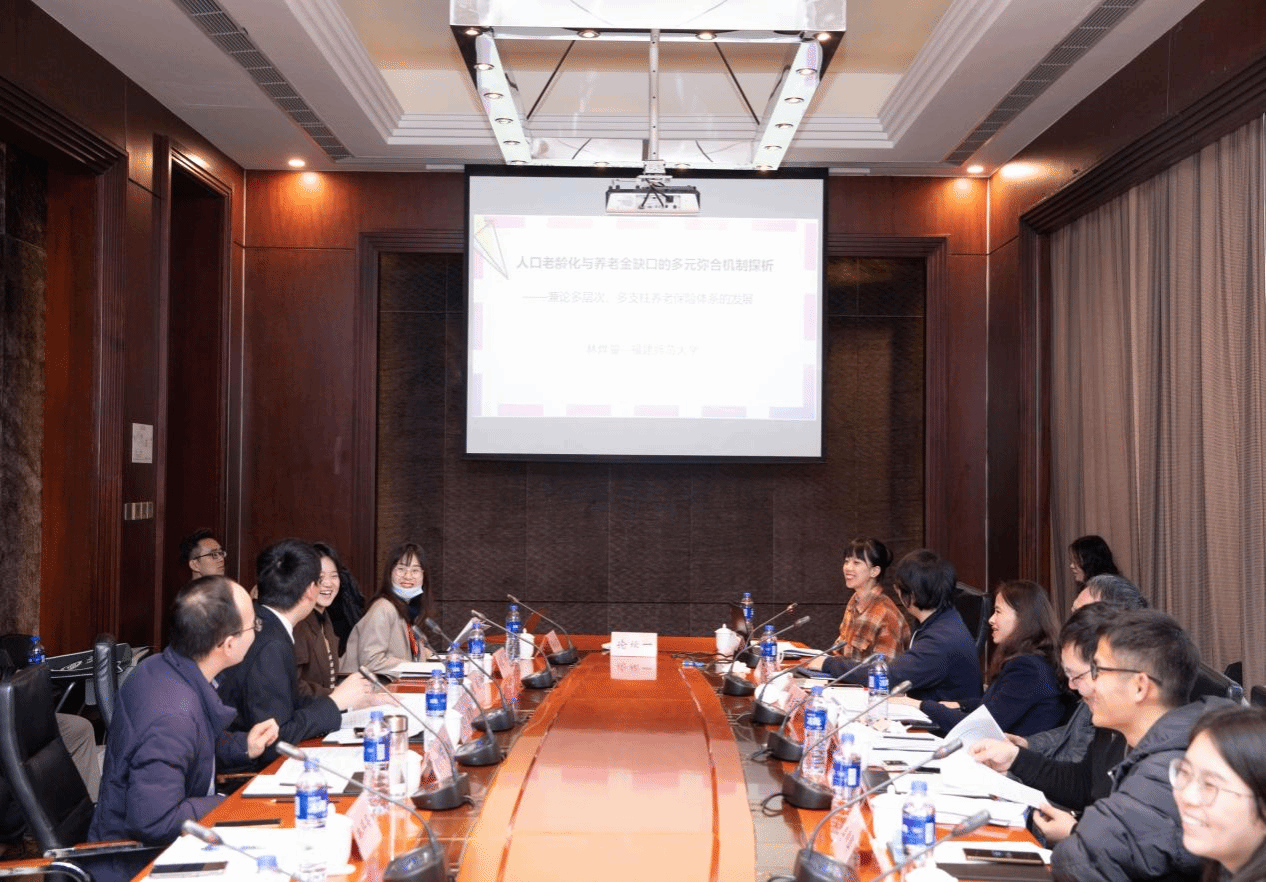
The sub-forum on high-quality Development of pension security was chaired by Associate Professor Xue Huiyuan, Deputy Director of the Social Security Research Center of Wuhan University, and Associate Professor Xie Yongcai, Huazhong University of Science and Technology. Shen Che, a lecturer at Minzu University of China, based on the theory of social ecosystem and the actual situation of Guandu District in Kunming, believes that the supply of the medium and medium system of home care service needs to be improved. Yang Haoyue, a doctoral student at the Party School of the CPC Central Committee (Chinese Academy of Governance), drew on the relevant experience of Nordic countries, Germany, Japan and other countries to provide policy suggestions for China's construction of a "one old and one young" security system. Based on the prediction of China's future population size and structure, Wu Xinyun, a master's student at Wuhan University, calculated the annual per capita contribution level and contribution burden level of China's long-term care insurance from 2020 to 2050, and concluded that the contribution burden of China's long-term care insurance is appropriate. Fan Ao, a master's student at Huazhong University of Science and Technology, shared the implications of the preferential personal pension tax policies in the United States, Germany and Australia for China's policies. Lin Yejun, a master's student at Fujian Normal University, believes it is necessary to consider both the income side and the expenditure side to bridge the pension gap. Zhang Chi, a lecturer at Zhejiang University of Finance and Economics, used the 2018 CHARLS data to investigate the effect of family care and elderly care services on the care of disabled elderly people and explore their internal mechanisms. Zhang Yonggao, a master's student at Wuhan University, tried to explore the construction of multi-level long-term care security system in China by drawing on international long-term care security experience. Li Shenao, a master's student at Ocean University of China, took Qingdao West Coast New District as an example to explore the mechanism of multi-subject cooperative governance in improving the service quality of elderly care institutions by using the framework of cooperative governance analysis. Zhang Wenjie, a master's student at Beijing Normal University, mainly shared the development changes and future prospects of elderly care service policies under the people-centered development thought. He Yijun, a master's student at Huazhong University of Science and Technology, shared the topic of the impact of social insurance on individual fertility intention. Finally, Ms. Fan Jingqun from the editorial department of Journal of Huazhong Agricultural University (Social Science Edition), Ms. Wu Lanli from the editorial department of Journal of Huazhong University of Science and Technology (Social Science Edition), and Ms. Fan Biao from the editorial department of Learning and Practice put forward suggestions and references for the achievements of the guests from multiple perspectives, such as topic selection, concept definition, data and method selection, and writing logic.
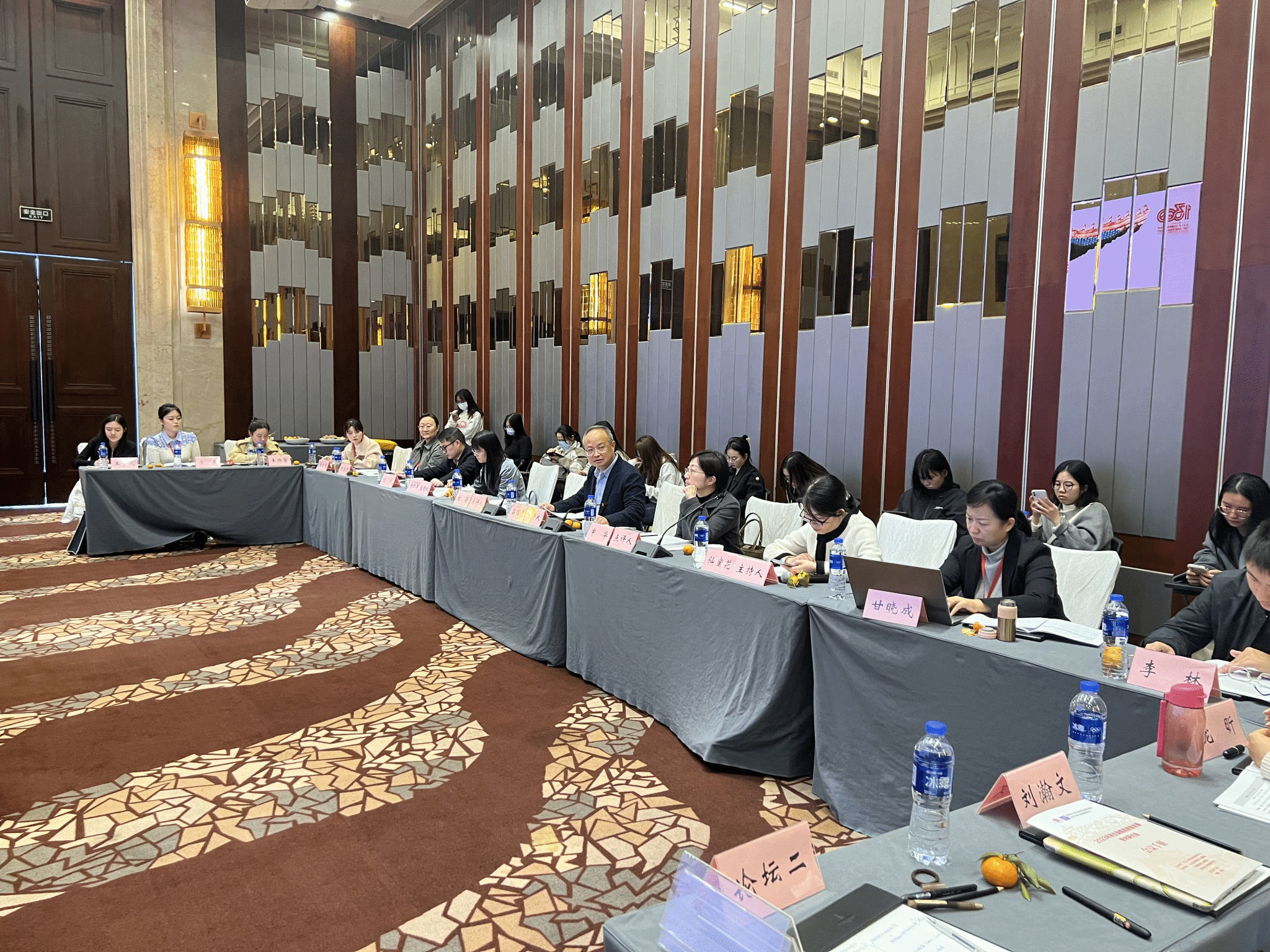
The sub-forum on the high-quality development of Health and Medical Security was chaired by Professor Yang Hongyan of the Social Security Research Center of Wuhan University and Associate Professor Xian Mihua of Huazhong Agricultural University. Based on the dimension of privacy interest groups, Associate Professor Liu Huan from Soochow University elaborated the main body and content of health and medical big data governance, and pointed out the key and policy suggestions of health and medical big data governance from the perspective of privacy interests. Based on the CHARLS database, Liu Hanwen, a master's student at Wuhan University, explored the different effects of Internet use on elderly people of different ages, and analyzed its influencing mechanism; Zhu Honghui, a master's student at Anhui University of Finance and Economics, found that the number of children can significantly promote the self-rated health of parents aged 60 and above, and the promotion effect is more obvious with the increase of parents' age; Wang Zixin, a master's student at Hebei University of Economics and Business, analyzed the impact of the development of private hospitals at three levels on the efficiency of the medical industry by establishing a fixed effect model, and put forward relevant policy suggestions to improve the efficiency of the medical industry. Pang Xin, a master's student in Wuhan University, made a comparative analysis on the management of drug accessibility for rare diseases, and summarized the enlightenment for China; Professor Gan Xiaocheng of Xinjiang University explored the relationship between the provincial pooling of residents' medical insurance, medical expenses and health benefits, and put forward three policy suggestions; Based on the rooted theory of "medical insurance mutual aid" reform, associate Professor Qiu Yuhui from the School of International Relations explores the cognitive fracture, situational structure and identity construction of policy discourse. Li Lin, a doctoral student at Wuhan University, analyzed the impact of air pollution on health inequality based on the moderating effect of health insurance coverage in different places. Zhuang Chen, a master's student at East China University of Science and Technology, explored the trend characteristics of disability degree of the elderly in China, and explored the age-period-cohort effect of medical reform policies. Wang Mengfan, an undergraduate of Inner Mongolia University, analyzed the health protection policy of women of childbearing age in China from the perspective of the linkage of three medical services, and put forward relevant policy suggestions. Professor Lu Guoquan from Zhongnan University of Economics and Law, Teacher GUI Li from the editorial department of Journal of Wuhan University (Philosophy and Social Sciences Edition), and Teacher Shen Hua from the editorial department of Theoretical Monthly and Hubei Social Sciences commented on the papers of the speakers.
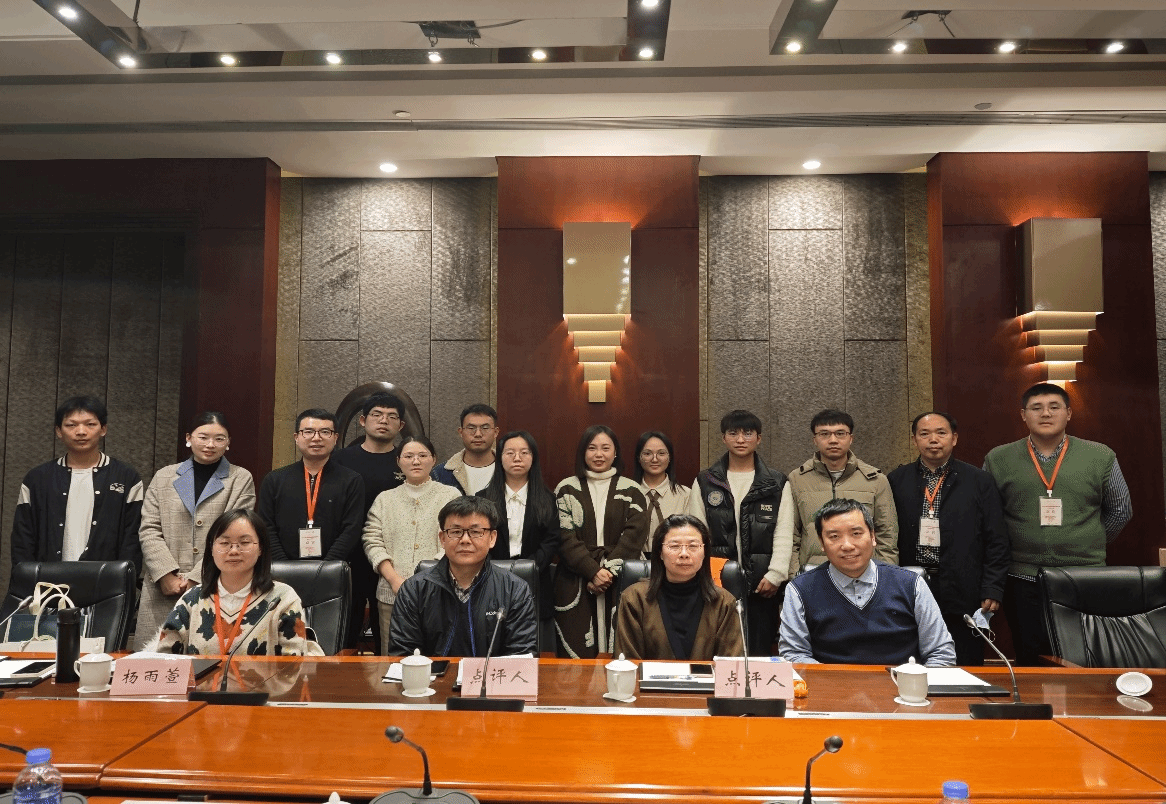
The third sub-forum on Distribution and People's Livelihood Security was moderated by Zhang Ping, Associate Professor and Huang Ruting, Lecturer, Social Security Research Center, Wuhan University. From the perspective of life course, Chen Yucheng, a lecturer at the University of Jinan, analyzed the impact of childhood socioeconomic status (SES) on the health of middle-aged and elderly people based on the data of the China Health and Pension Tracking Survey (CHARLS) in 2018 and the life course data in 2014. Cheng Peng, a doctoral student at Wuhan University, made a comprehensive introduction to the background and basic situation of fiscal decentralization and social security expenditure level of prefecture-level cities in China, and empirically-tested the impact of fiscal decentralization on social security expenditure level by using quantitative research methods, and explored the role of mechanism variables and moderating variables. Based on the theory of public goods, Cui Yi, a master's student at Minzu University of China, constructed a typological analysis framework from the two dimensions of "exclusivity" and "competition", and combined with relevant cases, explored the operating principles of different types of charity infrastructure. Feng Rongguang, a master's student at Yunnan University, explored the difference in the influence of social insurance on the sense of gain (economic gain, political gain, development gain) of the insured, as well as the role of different social insurance, and put forward suggestions accordingly. 遆 Shi Ming, a master's student at Wuhan University, used the micro data of the 2018 China Household Tracking Survey (CFPS) and the MT index and Gini coefficient decomposition method to explore the income distribution effect of the third distribution. Yang Yuxuan, a doctoral student at Sun Yat-sen University, examined the impact of social expenditure on middle-income groups (objective class mobility, subjective class mobility, class identity deviation) from the perspective of social expenditure. Deng Zhiyu, a doctoral student at Wuhan University, analyzed the current predicament of China's pension insurance system and calculated it in detail by combining provincial panel data. He believes that China's pension insurance should realize national pooling as soon as possible. Based on the four survey data of China General Social Survey (CGSS) in 2013, 2015, 2017 and 2019, Bairu, a lecturer from Henan University of Science and Technology, constructed mixed cross-section data to empirically test the impact of vocational skills training on labor unemployment risk. Luo Fengqian, a master's student at Yunnan University, takes the policy tool theory of Rothwell and other scholars as an entry point and uses fuzzy set qualitative comparative analysis (fsQCA) to analyze the relationship between the tool set of family birth support policies and fertility changes in 38 OECD countries from 2000 to 2021, with a view to providing strategic options for China's low fertility rate. Liu Longfu, editorial department of Jianghan Forum, and Zhu Bei, editorial department of Journal of China University of Geosciences (Social Sciences Edition), commented on the papers of the speakers.
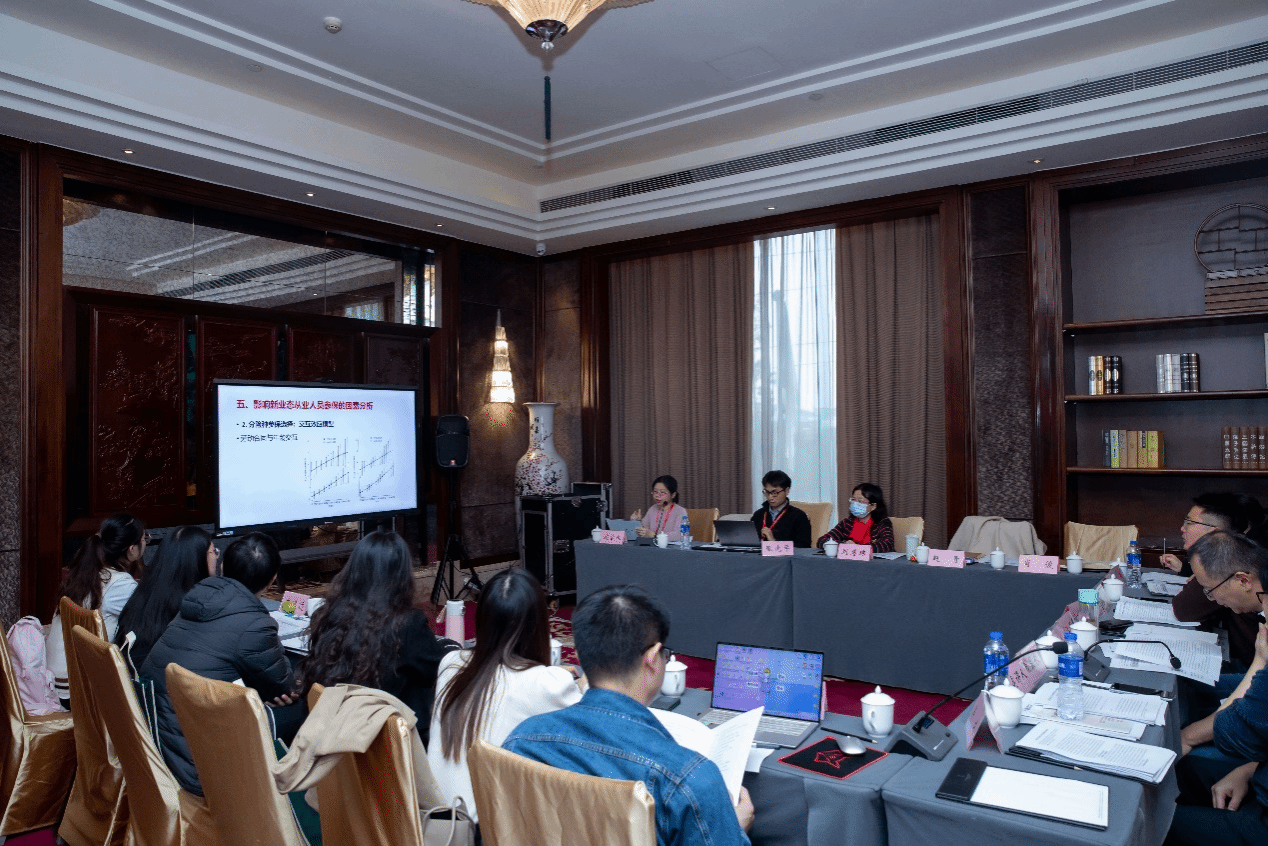
The People's Livelihood Security Comprehensive sub-forum was moderated by Associate Professor Hong Li from the Social Security Research Center of Wuhan University and Associate Professor Li Peng from Wuhan Institute of Technology. Professor Liu Huiqiong from the Party School of the Guangdong Provincial Committee of the Communist Party of China analyzed the current situation of children with psychological difficulties in China, and discussed the main content, main body linkage and cooperation mechanism, service delivery, fund raising and supervision mechanism of implementing social security for children with psychological difficulties. On this basis, a corresponding social security system for children with psychological difficulties was constructed. Xiao Jun, associate professor of Shenzhen University, based on the New Deal for public rental housing in Shenzhen in 2023, made an in-depth analysis and review of the "New Deal" for affordable housing in Shenzhen from the perspective of public economy and public ethics, and put forward reasonable suggestions. Chen Changjian, a doctoral student at Shanghai University of Finance and Economics, grasps the objective development process of the evolution of the ancient people's livelihood security thought from the three levels of folk, clan and country, summarizes the paradigm and characteristics of the ancient people's livelihood security, and explores the development direction of the people's livelihood security system thought. Dai Chengzhi, a master's student at Chongqing Technology and Business University, started from the research on the generation mechanism and influencing factors of anxiety, combined with the characteristics of the aging process, to explore the influencing factors of aging concerns and the main influencing factors at different ages. Zha Yuan, a master's student at Anhui University of Technology, made an empirical analysis of the impact of housing provident fund system inclusiveness on the citizenization of floating population, supplementing the discussion on the impact of housing policy on the citizenization of floating population. Professor Wu Ge of Shanxi University of Engineering and Technology put forward several thoughts on the high-quality development of people's livelihood, he stressed that it is necessary to ensure and improve people's livelihood in the high-quality development, strengthen elderly security and services, actively respond to the aging population, build a policy system and social environment for elderly care, filial piety and respect for the elderly, promote the combination of medical care, and accelerate the development of aging causes and industries. Through field investigation and research, Associate Professor Zhao Qing of Wuhan University studies the selection and influencing factors of social security participation of employees in new forms of business, and puts forward targeted policy suggestions on improving labor laws and regulations and optimizing the design of social security system. Zhang Huping, assistant professor of Sun Yat-sen University, presents the changes and differences of welfare efforts of local governments in China with the social expenditure of local governments as the core, portrays the characteristics of welfare behavior of local governments in China, and explains the expansion of China's welfare system through the structural changes of local social expenditure. Wang Yan, a PhD student at the Party School of the CPC Central Committee (Chinese Academy of Governance), shared the impact of green development on employment scale under the "dual-carbon" goal. Based on China's provincial panel data from 2007 to 2021, the paper analyzed the impact of green development on employment scale and its mechanism, and found that green development has a significant promoting effect on employment scale. Huang Rongji, A doctoral student at Wuhan University, conducted an empirical test on the impact of social trust on enterprises' social security contributions in China's A-share listed companies from 2012 to 2019, and found that social trust can help improve the level of enterprises' social security contributions. Xiong Xianchang, editorial department of Journal of Hubei University (Social Science Edition), and Liu Jiangtao, editorial department of Learning and Practice, commented on the papers of the speakers.
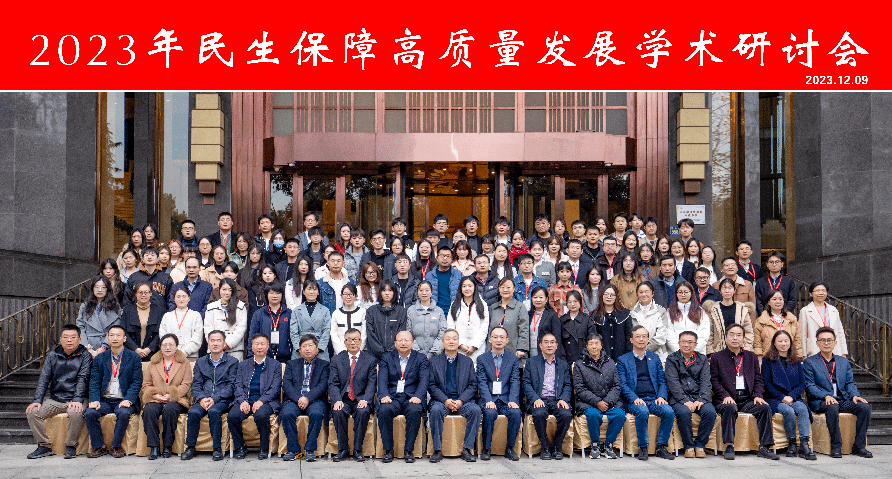
As a key research base of humanities and social sciences of the Ministry of Education, the Social Security Research Center of Wuhan University has been committed to the research of social security theory and China's social security system, and has undertaken a large number of research topics including the National Natural Science Foundation, the National Social Science Foundation, the Ministry of Education, government departments at all levels, as well as domestic and foreign research institutions and organizations. It is an important center of social security research in China.
(Correspondents: Zhou Yifan, Wu Xinyun, Lu Yingying, Liu Hanwen, Cheng Peng, Li Yang)
- The Last One: "Hubei Health Industry Development Strategy Research" Project Pre-conclusion Review Meeting Was Successfully Held
- The Next One:The first Three Gorges Disabled Persons' Innovation and Entrepreneurship Seminar on "Innovation, Entrepreneurship, and Common Prosperity", which our center participated in and hosted, was successfully held in Yichang
WeChat public account
Sponsor Unit:武汉大学社会保障研究中心 Address:湖北省武汉市武昌区八一路299号 Postal Code:430072 Tel:027-68752238/027-68755887 E-mail:csss@whu.edu.cn



